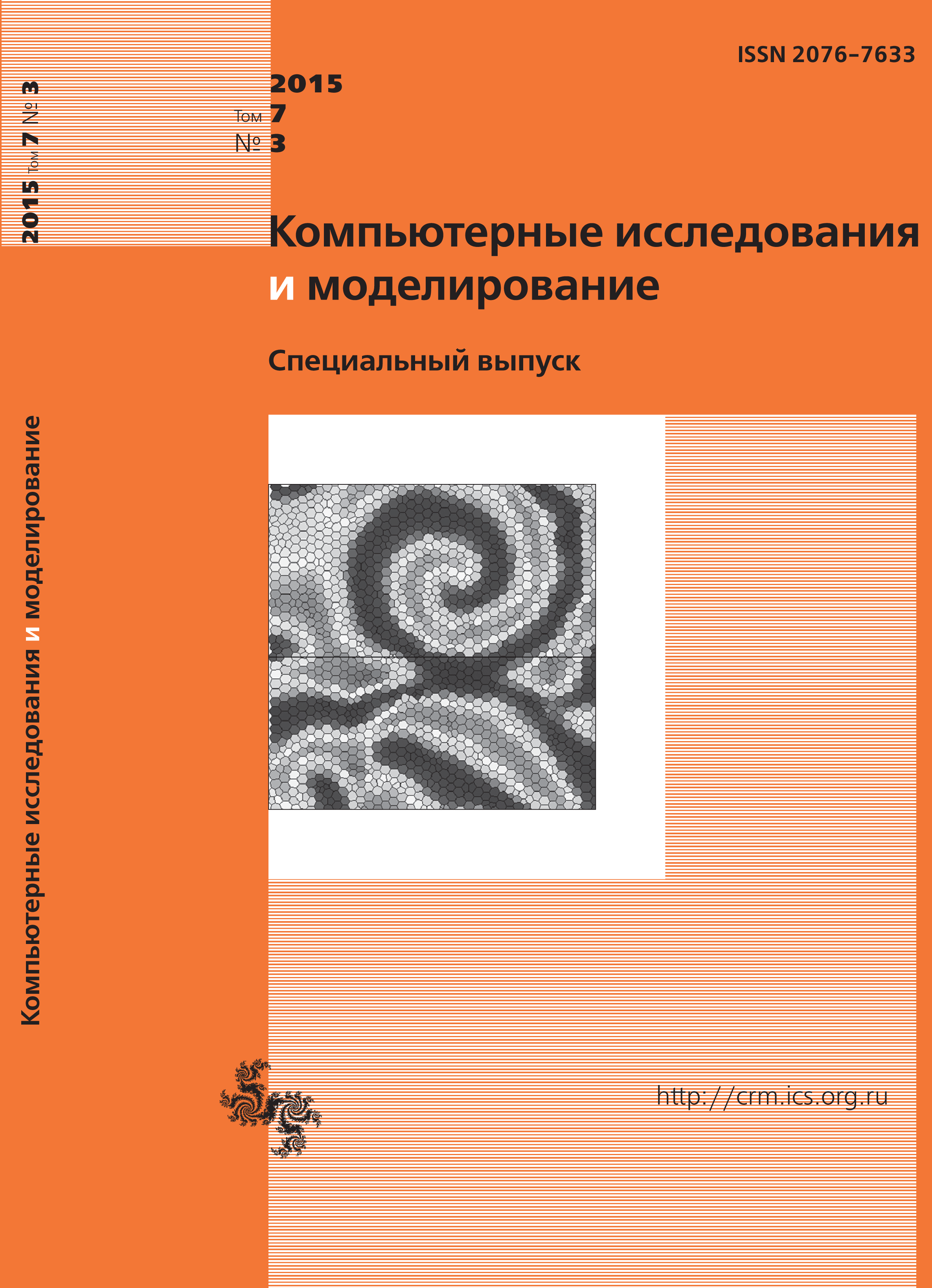All issues
- 2025 Vol. 17
- 2024 Vol. 16
- 2023 Vol. 15
- 2022 Vol. 14
- 2021 Vol. 13
- 2020 Vol. 12
- 2019 Vol. 11
- 2018 Vol. 10
- 2017 Vol. 9
- 2016 Vol. 8
- 2015 Vol. 7
- 2014 Vol. 6
- 2013 Vol. 5
- 2012 Vol. 4
- 2011 Vol. 3
- 2010 Vol. 2
- 2009 Vol. 1
Efficient processing and classification of wave energy spectrum data with a distributed pipeline
Processing of large amounts of data often consists of several steps, e.g. pre- and post-processing stages, which are executed sequentially with data written to disk after each step, however, when pre-processing stage for each task is different the more efficient way of processing data is to construct a pipeline which streams data from one stage to another. In a more general case some processing stages can be factored into several parallel subordinate stages thus forming a distributed pipeline where each stage can have multiple inputs and multiple outputs. Such processing pattern emerges in a problem of classification of wave energy spectra based on analytic approximations which can extract different wave systems and their parameters (e.g. wave system type, mean wave direction) from spectrum. Distributed pipeline approach achieves good performance compared to conventional “sequential-stage” processing.
Copyright © 2015 Gankevich I.G., Degtyarev A.B.
- , , , , , . Computational Science and Its Applications – ICCSA 2016. / Lecture Notes in Computer Science. — 2016. — V. 9787. — P. 379. DOI: 10.1007/978-3-319-42108-7_29
Indexed in Scopus
Full-text version of the journal is also available on the web site of the scientific electronic library eLIBRARY.RU
The journal is included in the Russian Science Citation Index
The journal is included in the RSCI
International Interdisciplinary Conference "Mathematics. Computing. Education"







